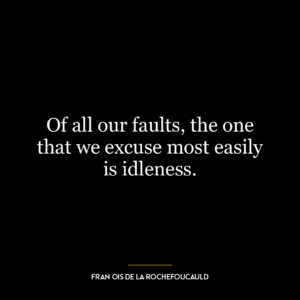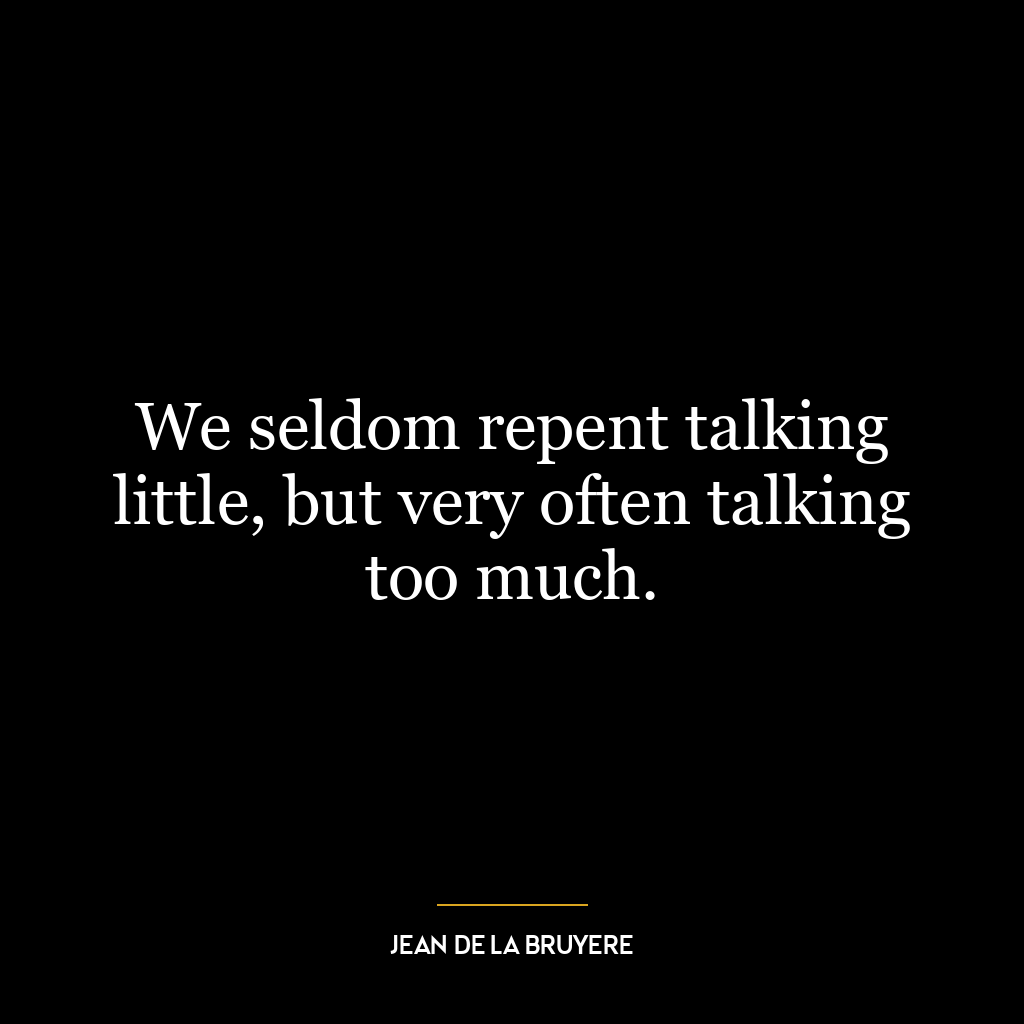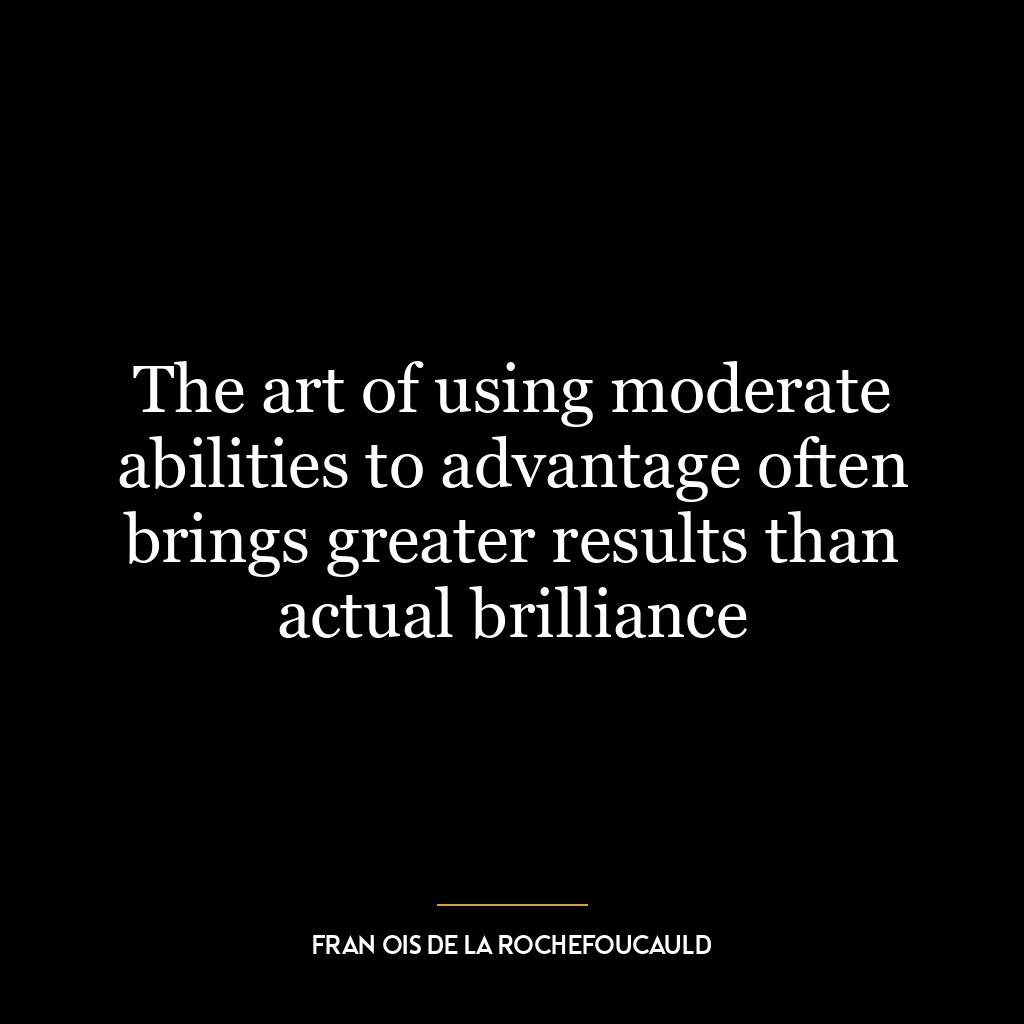Moderation in people who are contented comes from that calm that good fortune lends to their spirit.
This quote suggests that moderation, or the ability to avoid excess or extremes in one’s behavior or expressions, comes from a sense of contentment and calm that can be attributed to good fortune. In other words, when individuals are content with their lives and circumstances, they tend to exhibit a balanced and moderate approach to life. Their spirits are calm, and they are not driven by a need to seek excess or extremes. This calmness, according to the quote, is a gift of good fortune.
In this context, good fortune does not necessarily mean wealth or material possessions. It could mean having a supportive family, good health, a fulfilling job, or anything else that brings contentment. This contentment allows individuals to maintain a balanced and moderate approach to life because they are not constantly seeking more.
Applying this idea to today’s world, it suggests that individuals who are constantly striving for more, whether it’s wealth, power, fame, or anything else, are likely not content with their lives. They may be driven by a sense of dissatisfaction or unrest, which can lead to extreme behaviors or expressions. On the other hand, those who are content with what they have are more likely to maintain a balanced and moderate approach to life.
In terms of personal development, this idea encourages individuals to seek contentment and balance in their lives. It suggests that true contentment comes not from constantly striving for more, but from appreciating and valuing what one already has. This doesn’t mean that one should not strive for improvement or growth, but rather that one should not do so at the expense of their peace and balance. This perspective can lead to a more fulfilling and balanced life.















